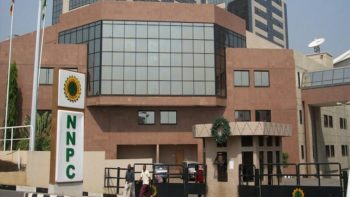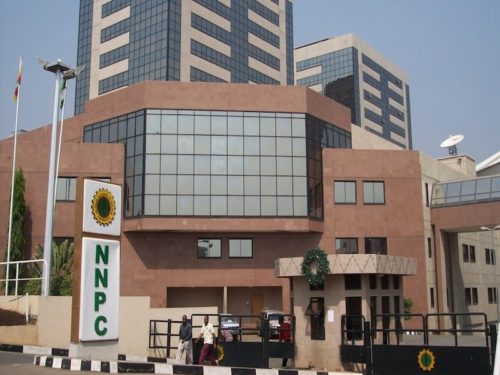
Nigeria has signed financing deals with oil majors Shell and Chevron to develop projects that would boost reserves and revenue, the state-run oil firm said on Thursday.
“Two sets of alternative financing agreements on Joint Venture (JV) projects to boost reserves and production in line with government’s aspiration were executed in London on Monday,” said a statement by the Nigerian National Petroleum Corporation (NNPC) in Abuja.
“The two projects are expected to generate incremental revenues of about $16 billion within the assets’ life cycle including a flurry of exploratory activities that would generate employment opportunities in the industry, boost gas supply to power and rejuvenate Nigeria’s industrial capacity utilisation,” it said.
The NNPC said the deal with Chevron would see the development of the Sonam project, hitherto financed through cash calls.
The project with a potential for reserves of 211 million barrels of crude and gas reserves of 1.9 trillion cubic feet was expected to begin to bear fruits in the next three to six months, it said.
The NNPC said the agreement with Shell would facilitate the development of of 156 development activities on some oil fields in the Niger delta.
Andy Brown, Shell Global Upstream Director said the alternative funding arrangement was an innovative financing plan that would enable the company commence exploration activities hitherto stalled due to funding challenges.
Oil majors have always complained of Nigeria’s inability to pay its cash calls — counterpart funding — under their joint venture projects in the oil-producing region.
Nigeria is aiming to ramp up reserves, output and boost revenue in the face of dwindling oil earnings.
Nigeria, Africa’s biggest oil producer and exporter, accounting for some two million barrels per day, relies on the sector for 90 percent of foreign exchange earnings and 70 percent of government revenue.
Low oil prices since mid-2014, worsened by outages after militant attacks on facilities, have cut production and hammered revenue.
Ongoing government peace talks with the rebels have halted attacks on oil facilities.

